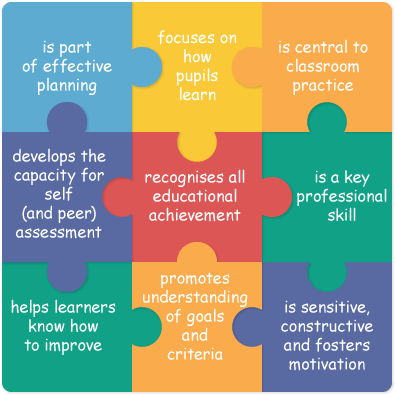Introduction
The Aims of the Japanese Assessment for Learning Network (JAfLN)
The JAfLN was originated at Tohoku University’s Graduate School of Education in 2014. Its inception arises from a historical timeline by continuing the foundational and pioneering work of Masataro Sawayangi, Tohoku University’s first president (1911-1913). Nearly a century ago, Dr. Sawayangi articulated fundamentally Japanese ideas that have since become of universal relevance in a twenty-first century characterised by uncertainty and change…
…As a senior education minister he advocated for the systemic integration of academic research with educational practice, and accordingly, established The Institute for Research in Education for Teaching. It is in the spirit of AfL that the JAfLN aims to continue Dr. Sawayangi’s work by facilitating an energetic and open discussion about recent AfL research and its applications.
What is Assessment for Learning
The term Assessment for Learning (AfL) encapsulates the principles, methods, and process for collecting and using information on students’ academic progress. AfL is distinct from assessment of learning (AoL) because…
Diagram: AfL…

Note. When conceptualising and implementing any system, including AfL, each aspect must be integrated as seen in the work of Peter Senge on the ‘learning organisation’ (Senge, 2006).
… AoL refers to the ‘pencil and paper’ summative assessment of past performance. In contrast, AfL is formative, and when done effectively, are dialogic classroom assessments that involve all stakeholders in the learning process. Stakeholder involvement entails formal and informal opportunities to exchange verbal and written feedback about the next steps in a child’s learning process. Theoretical perspectives may vary (see, Clark, 2011); however, there is fundamental agreement on formative assessment as a collaborative process, involving the negotiation of meaning between teacher and learner about expectations and how best to improve performance (as seen in the foundational work of L.S. Vygotsky, 1978, 1987).
A further aspect of assessment given less attention in the current literature is Assessment as Learning (AaL). In contrast to AfL, which is a primarily teacher-driven delegation of responsibility to students, AaL is student-created and examines the little employed practice of peer-assessment as a potentially powerful learning method (see, Clark & Dumas, 2015).
Finally… the word “assess” comes from the Latin verb assidere (in English: “to sit with”). This highlights AfL as something educators do “with” and “for” students, and not “to” students. Many practitioners find adapting to a dialogic method of continuous classroom assessment challenging, and it may require a year or more to internalise AfL concepts to professional standards.

